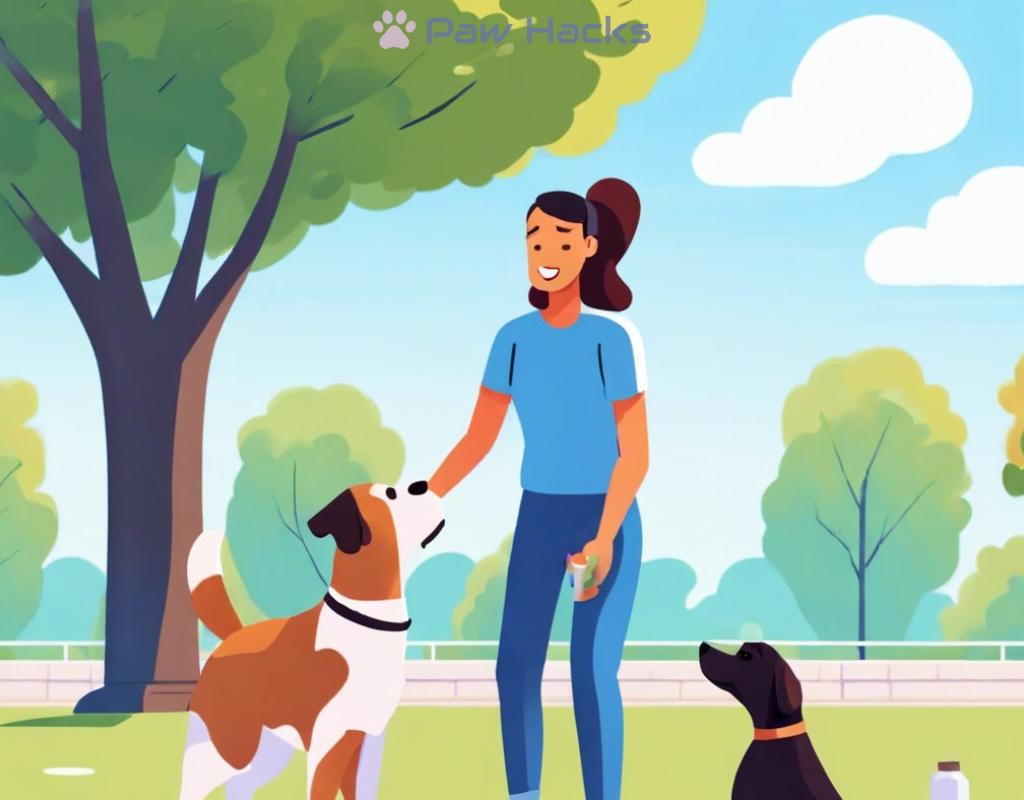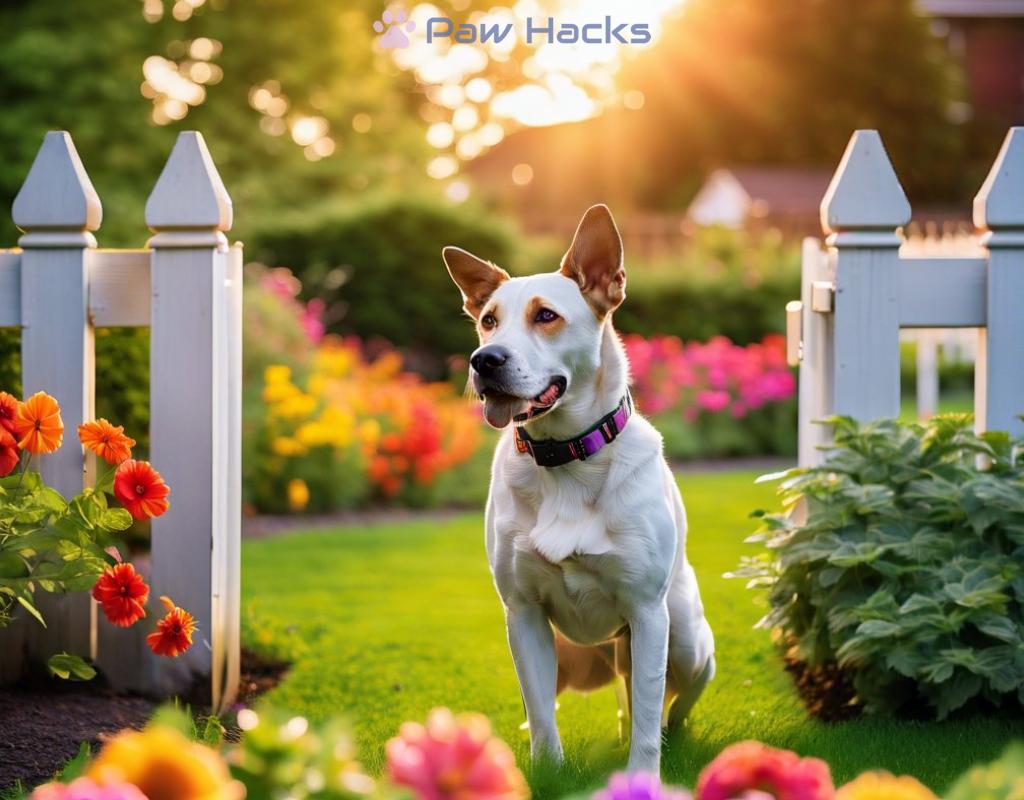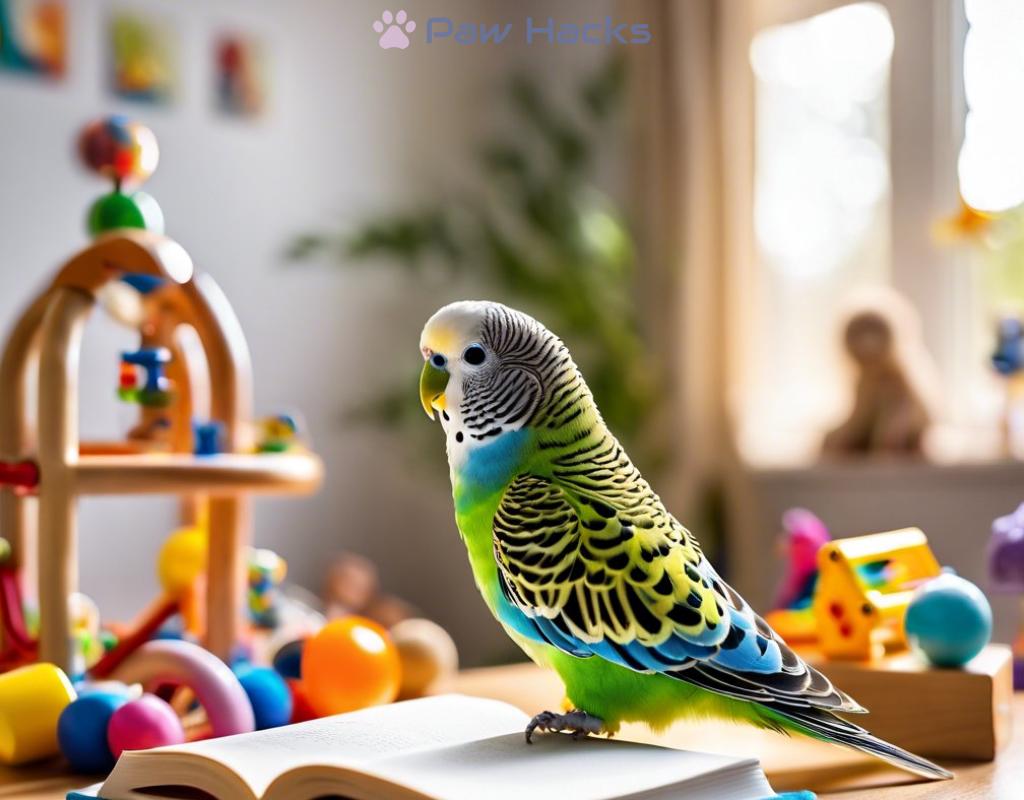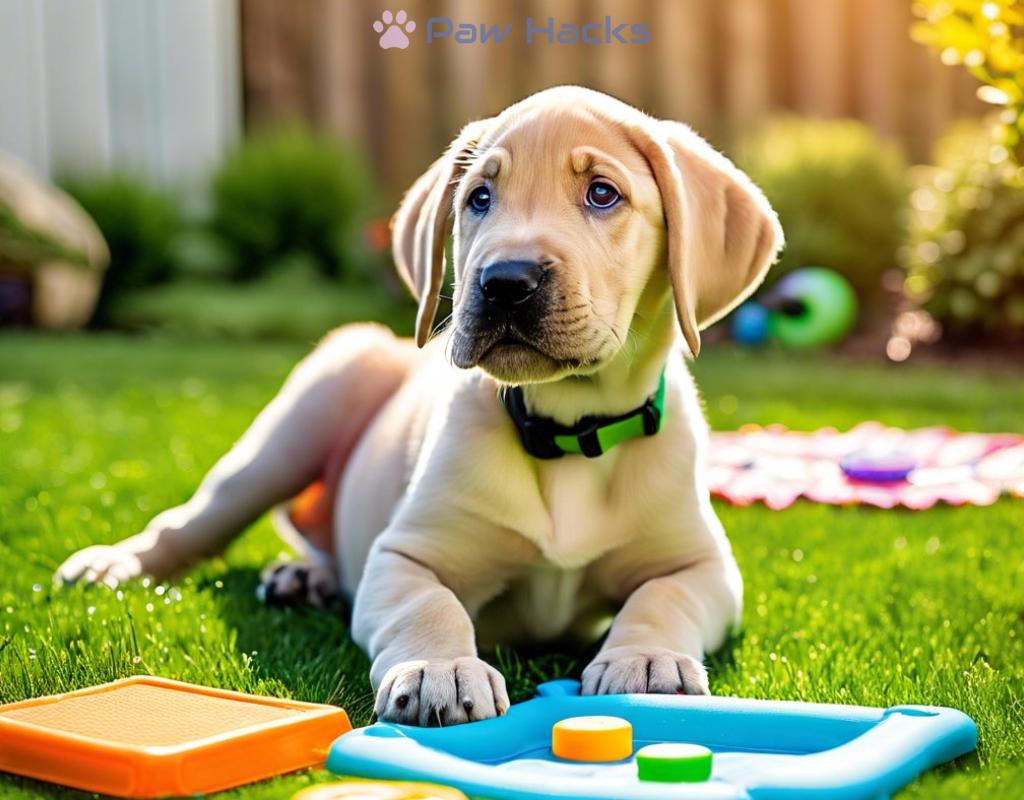Stopping Dogs from Eating Poop
Understanding Why Dogs Eat Poop: The Mystery Unveiled
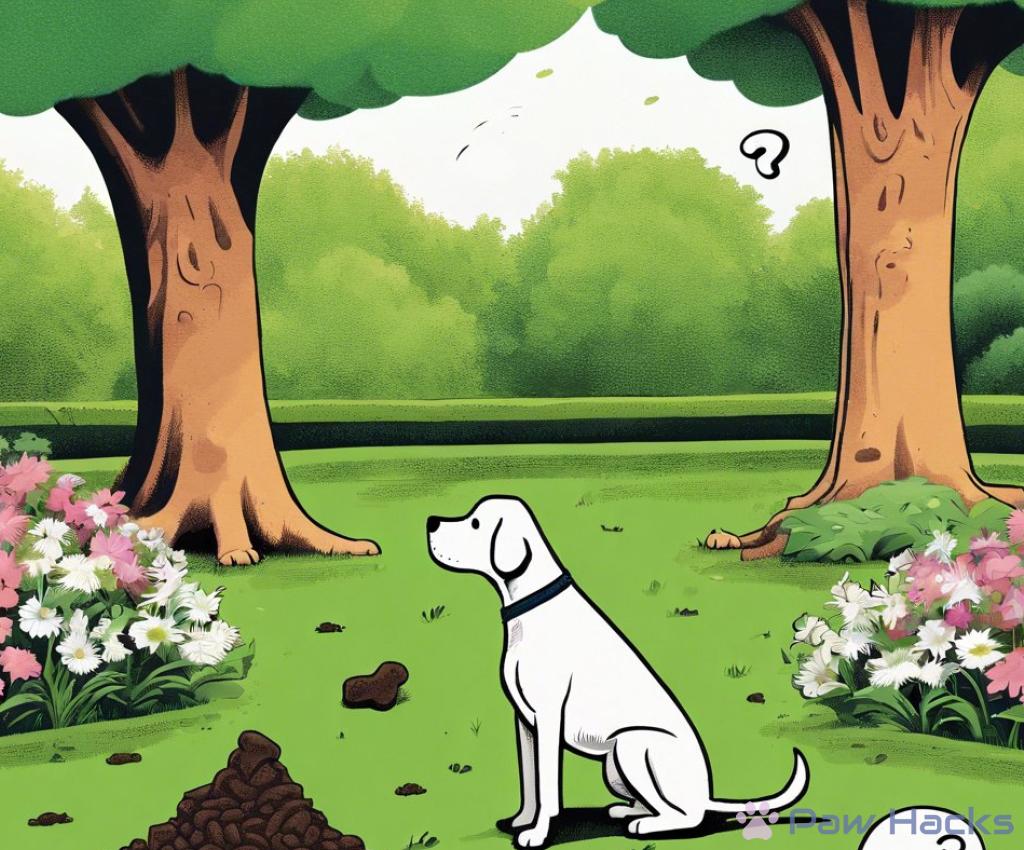
Have you ever caught your furry friend indulging in a rather unsavory snack? You’re not alone. Many dog owners are puzzled by their pets’ peculiar habit of eating poop, a behavior known as coprophagia. Understanding the reasons behind this behavior can help you address it effectively.
1. Natural Instincts
For many dogs, eating feces is a throwback to their wild ancestors. In the wild, dogs would consume feces to keep their living areas clean and to avoid attracting predators. This instinct can still linger in domesticated dogs today.
2. Nutritional Deficiencies
Sometimes, dogs may eat poop because they are lacking essential nutrients in their diet. If a dog’s food lacks proper vitamins or minerals, they may turn to feces as a way to supplement their diet. This can be especially common in dogs on a low-quality diet.
3. Attention-Seeking Behavior
Believe it or not, some dogs may eat poop to get a reaction from their owners. If a dog notices that their behavior elicits a strong response—whether positive or negative—they may continue to engage in it as a way to gain attention.
Your dog’s environment can play a significant role in their eating habits. Stressful situations or changes in their surroundings may lead them to engage in coprophagia as a coping mechanism.
1. Stress and Anxiety
Dogs that are anxious or stressed may turn to eating feces as a form of relief. Changes like moving to a new home, the arrival of a new pet, or even loud noises can trigger this behavior.
2. Competition for Resources
In multi-pet households, competition for food and attention can lead to stress. Some dogs may eat poop to prevent other pets from accessing it, especially if they feel insecure about their food supply.
3. Boredom
A lack of mental and physical stimulation can also contribute to this behavior. Dogs need exercise, playtime, and interaction to keep them engaged and happy. Without it, they might resort to unusual habits like coprophagia.
If your dog is indulging in coprophagia, there are several strategies you can employ to help curb this behavior. Here’s a list of effective methods:
- 1. Improve Diet: Ensure your dog is on a high-quality diet that meets all their nutritional needs.
- 2. Regular Exercise: Provide regular physical activity to reduce boredom and anxiety.
- 3. Clean Up Promptly: Remove feces from your yard or home immediately to minimize access.
- 4. Training Commands: Use commands like “leave it” to discourage the behavior.
- 5. Professional Help: Consult a veterinarian or a dog trainer if the behavior persists.
By understanding the underlying causes and implementing these strategies, you can help your dog break free from this unappetizing habit.
Effective Strategies to Deter Your Dog from Eating Feces
It’s not just an embarrassing habit; a dog’s tendency to eat feces can lead to health concerns and behavioral issues. Taking proactive steps to deter this habit is essential for your pet’s well-being and for a harmonious household. Below are some effective strategies that can help you curb this unpleasant behavior.
Implementing consistent and practical measures can make a significant difference. Here are some tried-and-true strategies:
- Enhanced Diet: Start by providing a high-quality diet rich in necessary nutrients. Consult with your veterinarian to ensure that your dog’s meals are balanced and fulfilling.
- Regular Physical Activity: Engage your dog in daily exercise. A well-exercised dog is generally happier and less likely to engage in undesirable behaviors.
- Immediate Cleanup: Maintain a clean environment by promptly removing feces from your yard or home. The less accessible the poop is, the less chance your dog has to indulge.
- Training Techniques: Use training commands like “leave it” to discourage the behavior. Consistency is key, so practice these commands regularly.
- Behavioral Distractions: Provide plenty of toys and activities to keep your dog mentally stimulated, reducing the likelihood of seeking out feces for entertainment.
- Professional Consultation: If the behavior persists, seeking help from a veterinarian or a professional dog trainer can provide tailored solutions.
Even after implementing these strategies, it’s crucial to monitor your dog’s behavior. Keeping a log of when and where the coprophagia occurs can help identify triggers. Adjust your strategies based on your observations. For instance, if you notice certain stressors lead to this behavior, address those directly. Remember, patience and consistency are vital in shaping your dog’s habits.
The Role of Diet in Preventing Coprophagia: What to Feed Your Dog
When it comes to addressing the puzzling behavior of coprophagia in dogs, one of the most crucial aspects to consider is diet. The food your dog consumes can significantly influence their appetite and behavior. If your dog’s diet lacks essential nutrients, they might feel compelled to seek out alternative sources, including feces. Therefore, understanding what to feed your dog can play a pivotal role in curbing this undesirable habit.
Providing a well-balanced, nutritious diet is not merely about filling their bowl; it’s about ensuring that your dog receives all the vitamins, minerals, and proteins necessary for their overall health. A diet rich in high-quality ingredients can help satisfy your dog’s nutritional needs, reducing the likelihood of them seeking out feces as a substitute. Dogs require a variety of nutrients, including proteins for muscle development, fats for energy, and fiber for digestive health. Additionally, some dogs may benefit from supplements to address any deficiencies in their current food.
Choosing the right food can be a daunting task given the plethora of options available on the market. It’s essential to look for dog foods that list high-quality animal proteins as their primary ingredient. Products that contain whole grains, fruits, and vegetables can also provide necessary fibers and antioxidants that support digestion and overall well-being. In contrast, low-quality dog foods often contain fillers that can lead to nutritional deficiencies.
To illustrate this point, consider the comparison between two types of dog food: a premium brand and a generic brand. The premium brand may contain real meat, whole grains, and vegetables, while the generic brand might be packed with corn or soy as fillers. The nutrient-dense option not only provides better energy levels for your dog but also contributes to a healthier mindset, which can reduce stress and anxiety—common triggers for coprophagia.
When in doubt, consulting with a veterinarian can help you determine the best diet tailored specifically to your dog’s needs. A vet can recommend specific brands or formulations that are ideal based on your dog’s age, breed, and health condition. Additionally, they may suggest dietary adjustments or supplements that can further fortify your dog’s diet.
In conclusion, a conscientious approach to your dog’s diet can significantly mitigate the chances of them engaging in coprophagia. By ensuring that your pet receives a balanced and nutritious diet, you not only enhance their health but also reduce the temptation to indulge in unsavory habits. Remember, a happy dog is less likely to indulge in behaviors that concern you, and diet plays a key role in their happiness and well-being.
Training Techniques to Stop Your Dog from Eating Poop: A Step-by-Step Guide
When it comes to curbing the unpleasant habit of coprophagia in dogs, employing effective training techniques is crucial. Utilizing positive reinforcement can significantly enhance your dog’s learning experience. This method focuses on rewarding desired behaviors rather than punishing unwanted actions, creating a more enjoyable environment for both you and your furry friend. By acknowledging and rewarding good behavior, you build a trusting relationship that encourages your dog to follow your guidance.
Establishing a Routine and Command
To begin, it’s essential to establish a consistent routine during potty breaks. Take your dog out at the same times daily, and always accompany them to monitor their actions closely. While they are doing their business, introduce a command such as “leave it” or “no.” It’s important to use a firm but calm tone to convey your message clearly. Once your dog complies, promptly reward them with praise or a treat. This not only reinforces the command but also creates a positive association with ignoring feces.
Incorporating distraction techniques can also play a significant role in preventing your dog from snacking on poop. Dogs often eat feces out of boredom or curiosity, so providing engaging alternatives is key. Before heading outdoors, equip yourself with toys or treats that can capture your dog’s attention. When you notice your dog showing interest in feces, redirect their focus by throwing a toy or enticing them with a treat. When they shift their attention away from the poop, reward them immediately. This practice teaches your dog that ignoring feces leads to more rewarding experiences.
Consistency and Monitoring Progress
Consistency is paramount in any training endeavor. Regularly practicing commands and redirection techniques allows your dog to understand what is expected of them. Keep a close eye on your dog during outdoor activities and intervene if they attempt to eat feces. If you are unable to monitor them directly, consider using a leash to maintain control during potty breaks. Over time, you will notice improvements in their behavior, as they learn to associate the command with the desired action of avoiding feces.
| Behavior | Training Technique | Expected Outcome |
|---|---|---|
| Eating Feces | Positive Reinforcement | Reduced interest in feces |
| Ignoring Feces | Distraction Techniques | Increased focus on alternatives |
| Consistent Monitoring | Routine & Commands | Improved behavior over time |
Through these techniques, you not only work towards stopping your dog from eating poop but also foster a deeper bond through trust and understanding. Remember, patience and persistence are your allies in this journey. By investing time in training, you will cultivate a happier, healthier dog who enjoys outdoor activities without indulging in unsavory habits.
Health Implications of Coprophagia: When to Be Concerned
As a dog owner, witnessing your beloved pet engage in coprophagia can be disheartening and even alarming. While understanding the reasons behind this behavior is essential, it’s equally important to recognize the potential health implications that can arise from it. Not only can this habit indicate underlying issues, but it can also pose significant health risks to your furry companion.
One of the most pressing concerns related to a dog’s habit of eating feces is the risk of infections and parasites. Feces can harbor a variety of pathogens, including bacteria, viruses, and parasites such as worms. If your dog consumes feces from another animal, they could easily contract illnesses that could lead to gastrointestinal distress, vomiting, or diarrhea. Prompt veterinary attention is crucial if you notice signs of illness following a coprophagic episode.
Interestingly, while dogs may eat feces in search of nutrients, this behavior can also exacerbate existing nutritional deficiencies. If your pet is consuming their own or another animal’s feces, they could be ingesting harmful bacteria that may disrupt their digestive system. This can lead to symptoms such as bloating, gas, or even pancreatitis. Additionally, coprophagia can indicate that your dog’s diet lacks essential vitamins and minerals, which could require reevaluation by a veterinarian. Ensuring a well-balanced diet is essential not just for behavioral reasons, but for the overall health of your dog.
Ultimately, while coprophagia may seem like a mere nuisance, it’s crucial to take it seriously. If your dog exhibits this behavior frequently, it can lead to significant health problems that warrant immediate attention. Observing your pet closely and seeking professional advice can help mitigate potential risks and ensure your dog remains healthy and happy.
Share this content:
